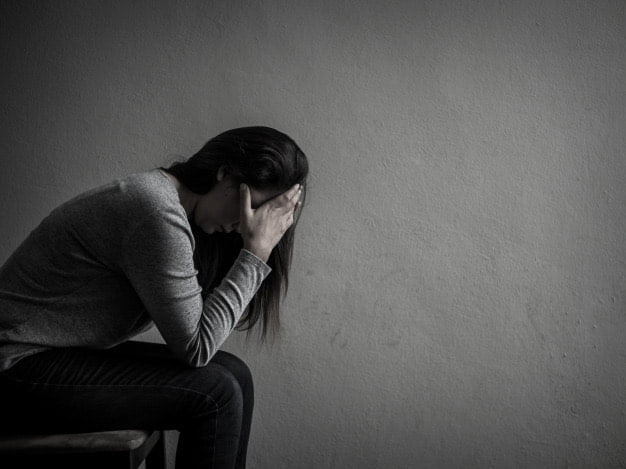Recently, I received news of a teenage boy who had committed suicide in Jussak, Turbat. It isn’t the first such incident. Every other day we come across heartbreaking stories that remind us of the unpleasant fact that depression and stress are rooted so deep in our society that people see death as emancipation. They see no hope and their circle of friends and family perhaps does not offer enough help. But there always is light at the end of the tunnel. Believe me, I have seen those dark corners and am still surviving.
I struggle with panic attacks. Initially, I thought I had some other physical illness as I have felt quite breathless and anxious. I have suffered. I have felt hopeless. Nobody around me mentioned the phrase mental health. I saw people seeking help from men claiming to possess magical powers, but I rarely saw them going to a doctor for mental health-related issues. Likewise, I find people talking about certain persons being possessed by jinns or fairies, but mum’s the word when it comes to depression and anxiety. We are not yet ready to even admit to ourselves we can have mental health issues, let alone sharing it with others.
Generally, a person struggles with depression in most families but rarely speaks about it. It’s quite unfortunate. In other words, in our society mental health is often seen as one of those taboo subjects we have to avoid. Individuals with depression are labelled as “psychos” and a mental health hospital, or even a psychologist’s clinic is dubbed as ‘a house for the lunatics’. When a person reveals anything about their issues, they become a laughing stock. This sort of misunderstanding has turned it into an untouchable and scary topic.
There is a myriad of reasons for the increasing cases of depression in our part of the world. Low awareness coupled with apathy is, in my opinion, the primary cause. In Balochistan, which is going through political unrest and chaos, where the abduction of activists has become the order of the day, depression cases have persistently been on the rise. We routinely hear of gory incidents and they leave scars.
The advent of Covid-19 and the subsequent lockdown have made the situation worse. The precautionary quarantine has brought everyone under the same roof with the number of domestic violence cases, including sexual assaults on women, on the rise. And I believe as long as the world is fighting the pandemic, most of us will continue to suffer.
Moreover, mental health issues aren’t limited to a particular age group, rather people from all age groups can suffer from it. In any phase of our lives, we can become a victim, and instead of encouragement to discuss them, we are forced to face our demons on our own. We have created an environment where rarely anybody feels safe, especially the vulnerable among us. This usually makes it worse. It concerns all of us and hence it’s time for us to openly talk about it and try to improve the environment.
We need to make space to talk about mental health issues, and visiting a therapist should be considered normal, as normal as when you, say, have stomach problems and go see a physician. Instead of posing vexing questions to the struggling person, we should listen to them and encourage them to seek professional help to ease the agony they are going through. It’s agonising, I can tell you that. But, remember, it’s never too late. Usually, it takes a person suffering from depression to return to the path of normalcy in six months. However, the sooner we go to a doctor, the easier it becomes to deal with. But, first and foremost, we have to be ready to talk about mental health — and, more importantly, we have to be ready to listen.
Hangul Saeed is studying medicine. She is from Turbat



